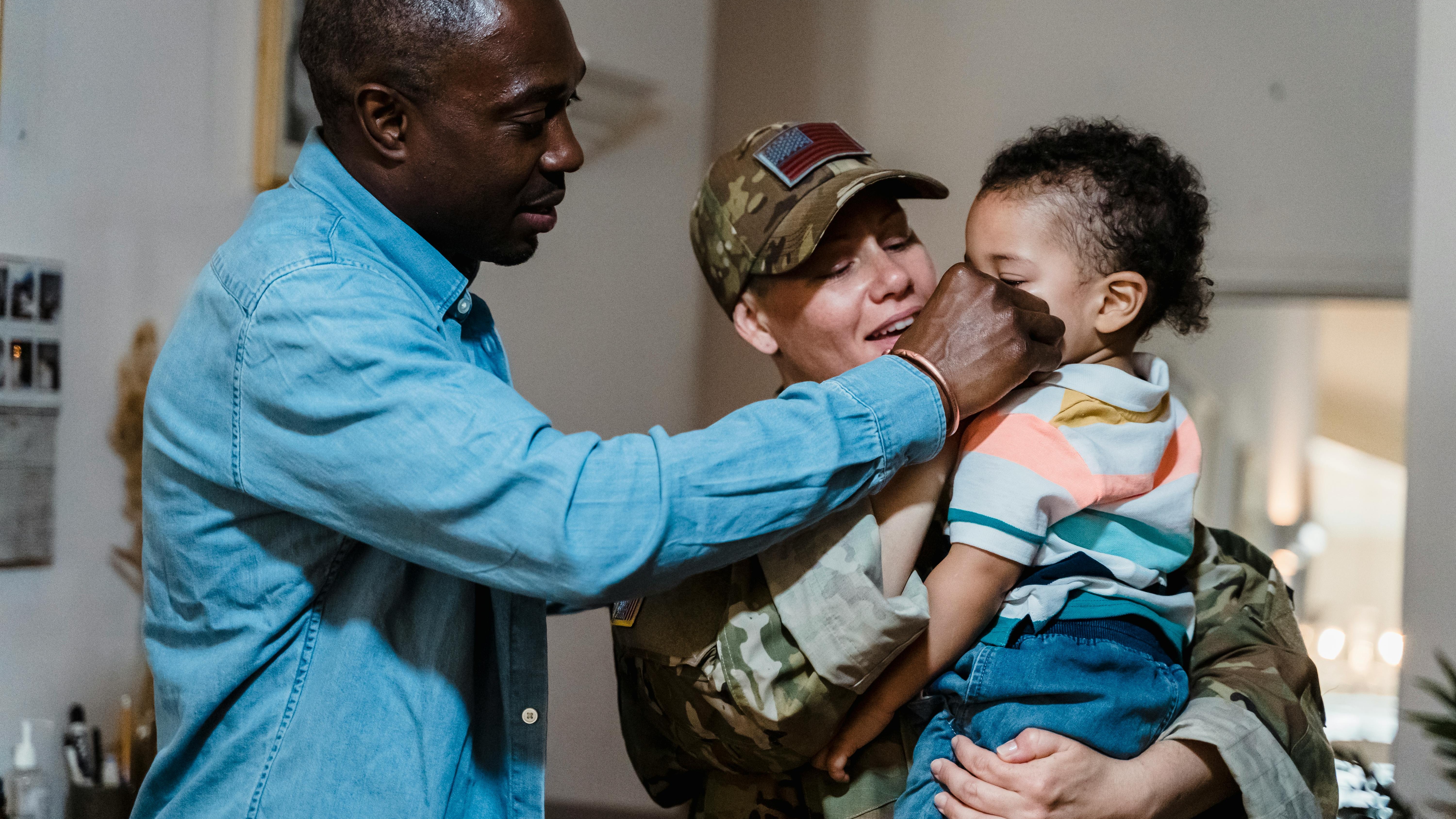
Unpacking the Walls of Perception
Every day, we unconsciously construct walls around our beliefs, amplifying our perceptions of reality. These barriers can distort conversations and skew our understanding of others. Whether in interpersonal relationships or broader societal discussions, the walls we build can significantly impact how we engage with the world. This phenomenon is especially salient in emotionally charged discussions, such as those about military service, leadership, or family dynamics.
The Foundation of Our Walls
Understanding the origins of these walls is critical to dismantling them. Earlier experiences — from childhood criticisms to societal expectations — contribute to the bricks we use to build these formidable structures. For service members and their families, this can mean grappling with long-held beliefs about duty, honor, and the stigma surrounding vulnerability. Acknowledging how these walls form can lead to greater self-awareness and an ability to reassess the narratives we believe.
Seeing Through the Tint
Our beliefs are often tainted by biases, affecting how we interpret facts and behaviors of others. In the military community, leaders are tasked with maintaining a clear perspective despite the fog of assumptions and preconceived notions. As noted in the original discussion, a simple conversation can quickly escalate when filtered through the lens of erroneous beliefs, leading to conflicts that undermine relationships and teamwork.
The Cost of Clinging to Beliefs
The lyrics from John Mayer remind us that the power tied to belief can lead to extremes, showcasing the duality of belief as both an armor and a sword. In the military, this dichotomy is pronounced; strong beliefs in duty can foster resilience but can also lead to judgment towards those whose beliefs differ. The danger lies in treating dialogue as a battleground rather than a bridge for understanding. It's vital that military leaders and civilians alike learn to approach conversations with openness, recognizing the humanity in differing perspectives.
Strategies for Building Bridges
As we recognize the walls we've built, we must also pursue strategies to breach them effectively. Here are a few actionable insights for military leaders and community members to foster healthier dialogues:
- Practice Active Listening: Engage in conversations with the intent to understand rather than to respond. This shifts the focus from conflict to resolution.
- Acknowledge and Respect Differences: Recognize that personal experiences shape beliefs, creating a mosaic of perspectives that can enrich discussions.
- Seek Common Ground: Focus on shared values and objectives, especially within military teams, which can promote cohesion despite varying beliefs.
The Future of Military and Civilian Dialogue
As we look ahead, fostering an environment that values diverse perspectives can yield fruitful conversations, leading to stronger bonds in both military and civilian life. The journey toward understanding starts with us — as leaders and community members, we can take proactive steps to build bridges and break down barriers, enhancing communication and collaboration across all areas of life.
In conclusion, transforming the way we perceive and build our walls can lead to a more adaptable, understanding, and cohesive society. Engaging with differing perspectives not only enriches our lives but is ultimately key to success in any collaborative environment. Let us challenge ourselves — as veterans, as active service members, and as community leaders — to be the catalysts for change.
Discover more strategies for effective leadership and transforming communication within the military and beyond, and join the discussion on how to cultivate an open mindset!
 Add Row
Add Row  Add
Add 




Write A Comment